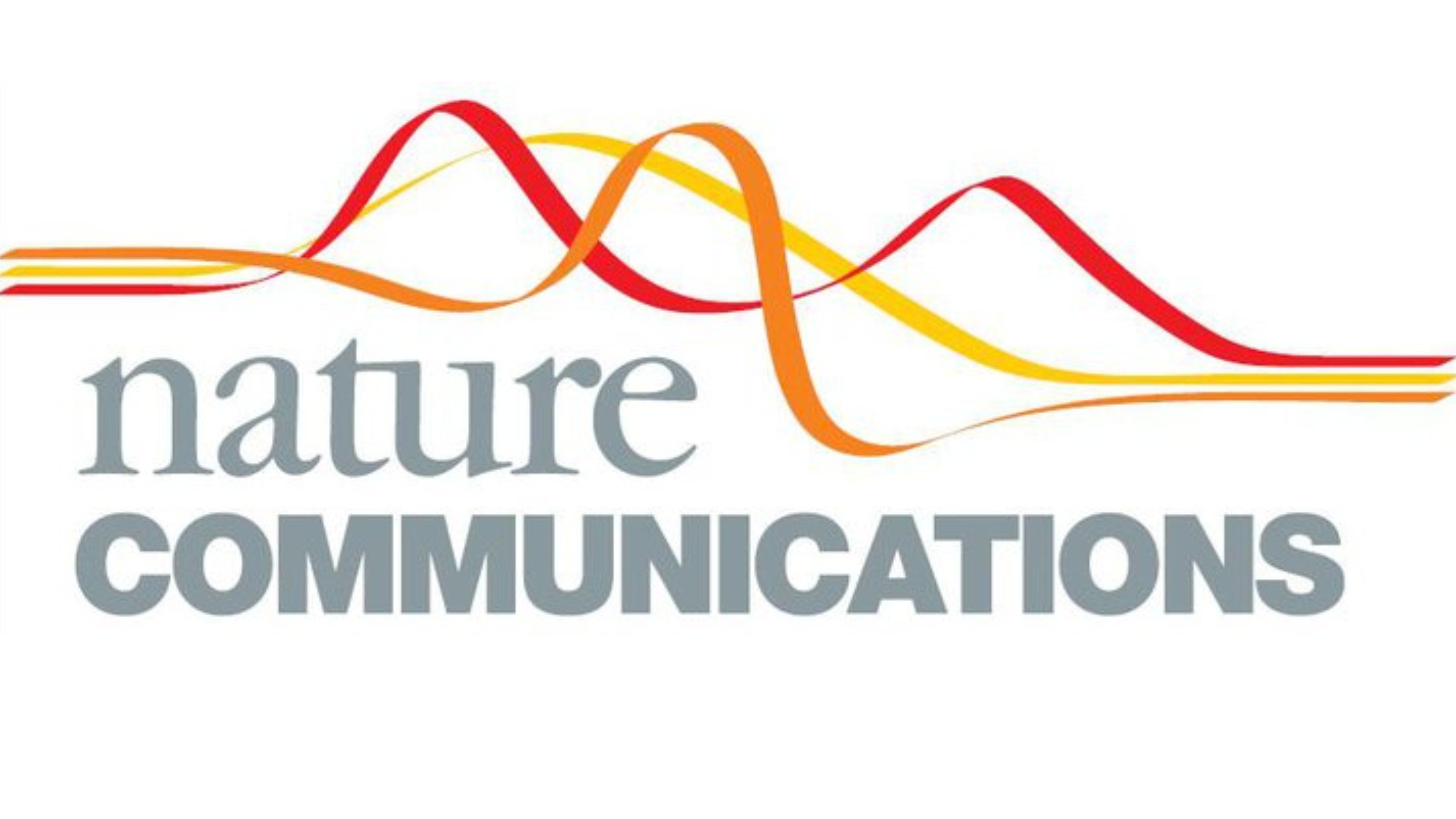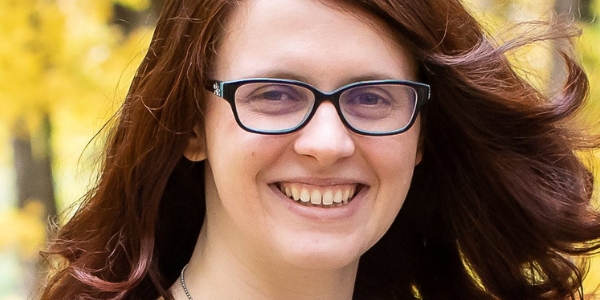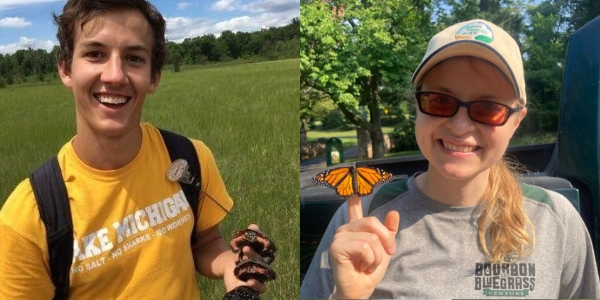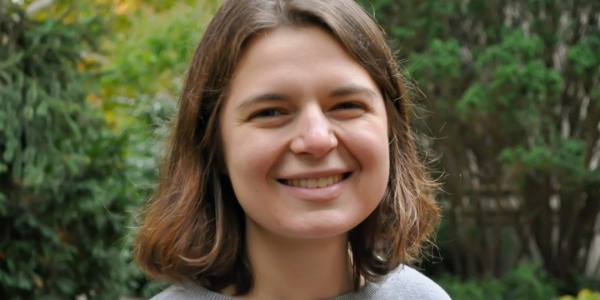CSIS doctoral candidate named a Stanford Science Fellow

PhD candidate Veronica Frans of MSU’s Center for Systems Integration and Sustainability has been named as one of five award-winning scholars selected as Stanford Science Fellows.
The highly competitive Stanford Science Fellows program for postdoctoral researchers aims to support scholars while advancing foundational science and fostering effective interdisciplinary approaches to fundamental questions through research.
Frans is a quantitative ecologist who speaks six languages and emphasizes the use of local knowledge and community outreach in her work. She combines statistical modeling, ecological theory, and synthesis research to build accessible tools for conservation. “Veronica has applied her considerable talents, passion, enthusiasm, skills and experiences to address significant global challenges and opportunities in how people and nature can coexist and thrive,” said CSIS Director Jianguo “Jack” Liu, Rachel Carson Chair in Sustainability and her doctoral advisor. “We are very proud of this latest achievement, knowing she will bring a wonderful set of skills and energy to this new adventure.”
Frans is a member of MSU’s Ecology, Evolution, and Behavior Program, and of the Community Engaged Scholarship, Spatial Ecology and Modeling Environmental and Social Systems certification programs. She is a National Science Foundation Graduate Research Fellow and University Enrichment Fellow. She is also part of the Christopher Klausmeier and Elena Litchman lab at MSU's Kellogg Biological Station.
At Stanford, Frans will work with faculty host Fiorenza Micheli, the David and Lucile Packard Professor of Marine Science in the Doerr School of Sustainability, to develop a new framework for predicting human-wildlife relationships under global change.
It will expand on her deep interests while working at MSU. In 2022 she published an article in The Conversation reflecting on the realities of successes in wildlife conservation, based on her award-winning cover article in Methods in Ecology and Evolution. Her research has also gained much public attention, being featured in The New York Times and Washington Post.
As a science communicator, Frans has explored environmental stewardship and its ties to Christianity. She is a public speaker for BioLogos, a science advocacy organization founded by Francis Collins, the former director of the National Institutes of Health and former science advisor to President Joe Biden.
“One thing that is very special about this program is that it encompasses the entire spectrum of natural sciences, from biology, to physics, to chemistry, to astronomy, ecology, and mathematics,” said Christine-Jacobs Wagner, the Dennis Cunningham Professor at the Stanford School of Humanities and Sciences. “We really encourage our fellows to take full advantage of all the amazing resources and expertise that exist at Stanford across schools and across facilities.”
Read more in the Center for Systems Integration and Sustainability.



